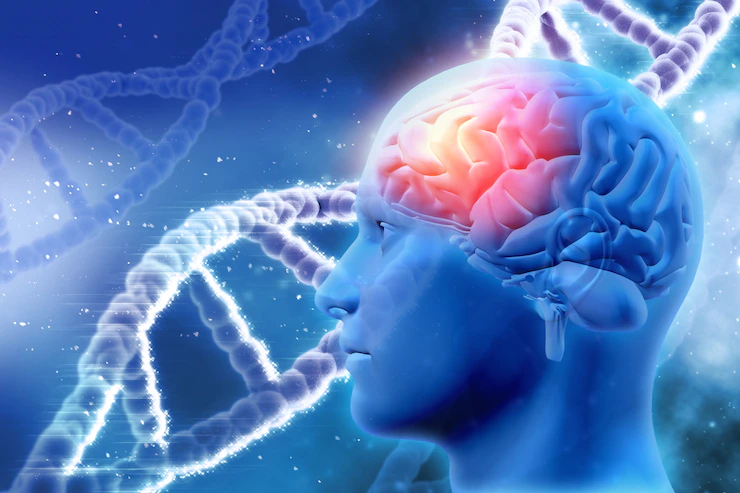
A concussion is a mild traumatic brain injury (TBI) brought on by a head impact, hard blow, or jolt. Every bump to the head does not often cause a traumatic brain injury. However, concussions can result in noticeable symptoms that you should not disregard.
Concussions usually do not pose a life-threatening hazard; they can produce severe symptoms that necessitate medical care. Although symptoms typically begin within 24 hours, they might occasionally take up to 3 weeks to manifest.
Neurosurgeons and other brain injury specialists underlined that there is no such thing as a minor concussion, although some concussions are less severe than others. An injury as serious as a concussion requires medical care. It is crucial to get checked and diagnosed by the closest neurosurgeon if you suspect you or someone close to you has had a trauma.
Only a medical practitioner with experience in evaluating individuals who have had head injuries should be able to identify a concussion. They can rule out a severe brain injury that needs either surgery or a brain scan.
Causes of Concussions
Concussions are often caused by a head impact injury, which impairs normal brain function. This brain activity causes chemical changes in the brain and brain cells stretching and destruction.

Causes include:
- tripping and being struck in the head (especially when participating in impact sports)
- being involved in a vehicle crash
- being hurt in an explosion or blast
- poking of jagged edges of the bone from skull fractures
- a bullet or piece of shrapnel entering your skull
Our skull can fracture in cases of severe head trauma.
Concussion Symptoms and Signs
Concussion symptoms and indications can be subtle and may not appear right away. Symptoms may last for days, weeks, or even longer.

Common signs of a concussion include:
- headache
- slurred speech
- issues with psychological adjustment
- memory loss
- eyesight problems (double or blurry vision)
- unsteadiness or dizziness
- sadness or depression.
- nausea or vomiting
- confusion
- delayed reply to questions
- hearing loss
- being agitated, apprehensive, and nervous
- difficulty paying attention
- sensitivity to noise and light
- loss of taste and smell
- irritability and other changes in personality
- alterations in sleeping habits
Immediate medical help should be sought if any of these symptoms occur after a hit to the head.
First-Aid Treatment for Concussion
A head injury might be easier to overlook. But even if a head injury seems mild, it is essential to administer first aid correctly.

You can apply the following first-aid measures to lessen concussion symptoms:
- Regularly apply a cold compress (or a bag of frozen peas wrapped in a towel) to the affected area for brief intervals to minimize swelling in the first few days.
- Use paracetamol to ease pain or a headache. It’s crucial to be aware that using non-steroidal anti-inflammatory drugs (NSAIDs) such as aspirin and ibuprofen can result in bleeding.
- Get plenty of sleep and, if you can, steer clear of stressful circumstances.
- Make sure an adult remains with you or your child for the first 24 hours, at the very least.
- Avoid drinking any alcohol at that moment.
You can use various self-care methods to relieve mild concussion symptoms.
Seeking prompt medical attention is necessary if you or someone close to you has a head injury that is more serious than a little bump and more severe symptoms start to appear.
Additional




























